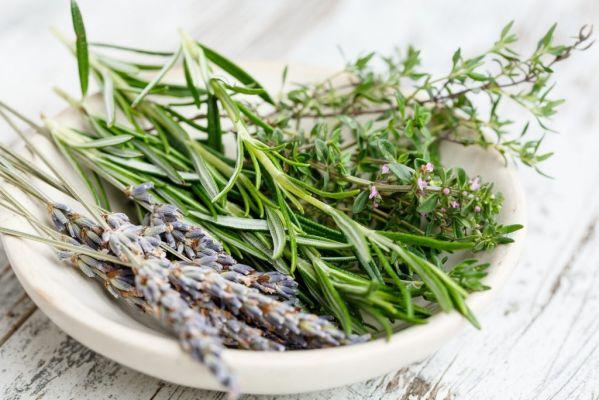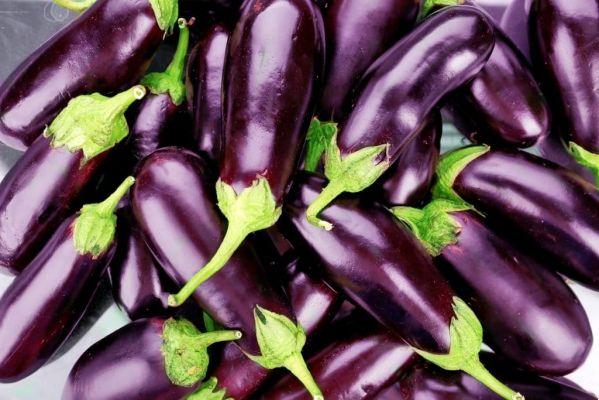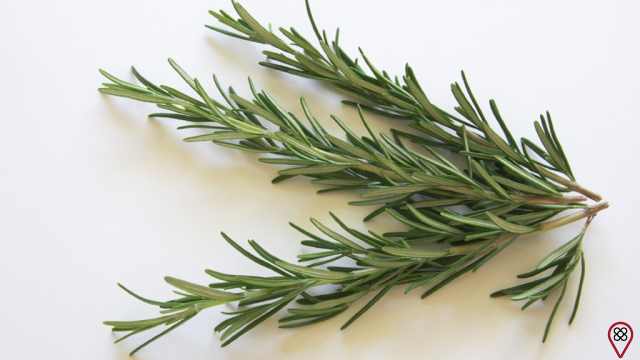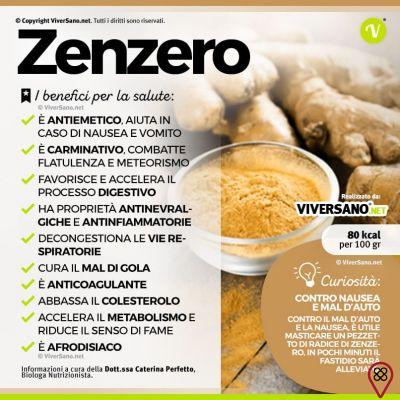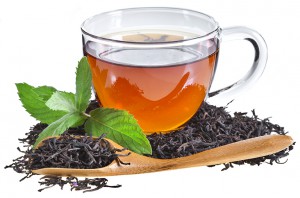Rosemary is a shrub native to the rocky regions of the Mediterranean, especially along the coast. Because it is native to this region, this plant and its benefits are known and used since the times of the ancient Greeks and Romans. Its ability to improve memory is almost mythical. Classical Greek scholars wore rosemary garlands on their heads during exams to improve their memory. Rosemary has been mentioned over the centuries in works of literature and historical chronicles as a symbol of remembrance, loyalty, happiness and love.
Despite its history as a mental tonic that gives clarity and improves memory, modern science has been looking for scientific evidence that could support these historical memories. Many spices such as rosemary, which has anti-inflammatory and antioxidant capabilities, already confer numerous benefits to the body and mind. However, rosemary excels in some areas when it comes to performance and mental health.

Studies linking timely consumption of rosemary and improvements in memory and cognitive performance demonstrate a strong positive correlation. In these human experiments, volunteers who consumed rosemary just before or during a memory assessment performed statistically better than the control group, which did not consume rosemary.
However, the most interesting thing is the dosage and method of consumption of rosemary. Many of these studies have tested rosemary consumption via aromatherapy by inhaling vaporized rosemary essential oil into the environment. One study showed that a higher concentration of the neuronutrient Eucalyptol (1,8-cineole), a compound present in rosemary, increased the beneficial effects for the mind. Volunteers who had the most exposure to eucalyptol scored better on tests of math and short-term memory. The ancient Greeks who wore rosemary garlands during tastings could be benefiting from an archaic version of rosemary aromatherapy.
Another study measured antioxidant activity and cortisol levels after rosemary aromatherapy. The results showed increased antioxidant activity and reduced cortisol after consumption of concentrated rosemary. This indicates the ability rosemary has to reduce stress and protect the mind from oxidative damage.
The benefits of rosemary can also be obtained through food. However, when consumed as food, the logic of dosage is a little different. Many spices that have potent neuronutrients need to be consumed in large doses or in a concentrated form to show results.
With rosemary it is different. A study in which volunteers consumed doses ranging from 750mg to 6.000mg of dried rosemary and were tested for attention and memory speed showed dramatic improvements for the 750mg group and even a slight worsening in the 6.000mg group. That 750mg dosage is roughly half a teaspoon, something we can easily find in a regular dish.
Summary of benefits for the mind

When inhaled, rosemary eucalyptol demonstrates the ability to improve cognitive ability and executive function.
Moderate consumption of rosemary is able to improve attention and memory speed
Increased levels of antioxidant activity caused by rosemary consumption protects the brain from oxidative damage
Rosemary aromatherapy can cause cortisol levels to decrease, reducing stress
Best ways to include rosemary in your diet:
As we have seen above, it is not necessary to over-consumption of rosemary to have its impressive cognitive benefits. Rosemary can be used to season meats such as pork, chicken, vegetables and legumes.

You can also incorporate rosemary into the butter and have an aromatic compound butter. Just melt the butter and add small pieces of rosemary to the liquid. Mix to incorporate, pour into a container and allow to solidify.
A preparation that I really like to make is vegetables in the oven with olive oil and rosemary. In addition to being quick and easy, it makes almost no mess in the kitchen.
- Cut vegetables and legumes such as zucchini, peppers, broccoli, onion and asparagus into approximately 5 cm pieces
- Cover a baking sheet with aluminum foil
- Spread the chopped vegetables on the baking sheet
- Combine rosemary, salt, sage and black pepper to taste in a small bowl.
- Pour the seasoning mixture over the vegetables.
- Add a generous drizzle of olive oil to the vegetables.
- Mix well and put in the oven
- Leave for about 10 -15 minutes at 220 C
- remove and serve
You may also like
- Discover the power of a good herbal bath
- Improve your night's sleep with a scented pillow
- Know which herbs you need to have at home
If you are interested in using rosemary via aromatherapy, I suggest using an essential oil diffuser in your work environment. Always use good quality oil with a high concentration. Also keep in mind that the smaller the environment, the more you will inhale.
There are many other spices, which you may already know, that have benefits for memory, attention, mood and disposition. Find out more with the free eBook 6 Spices for the Mind.
References:
https://pubmed.ncbi.nlm.nih.gov/23983963/
https://www.eurekalert.org/pub_releases/2016-04/bps-rac042716.php
https://pubmed.ncbi.nlm.nih.gov/21877951/
https://www.sciencedirect.com/topics/chemistry/1-8-cineole





